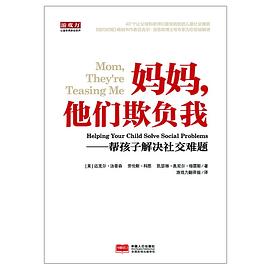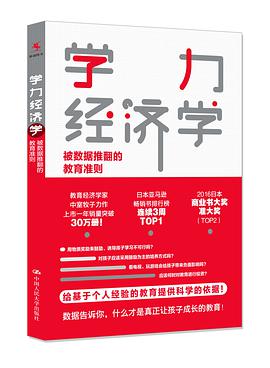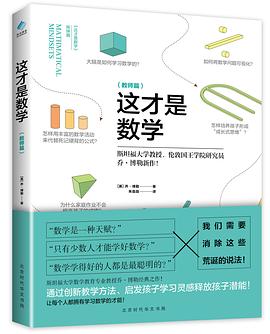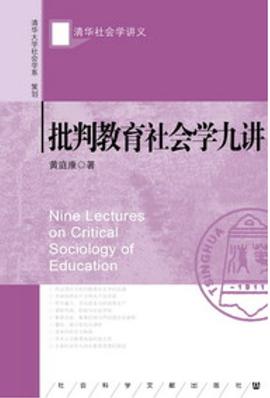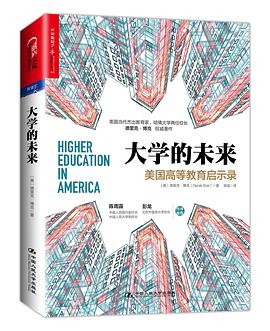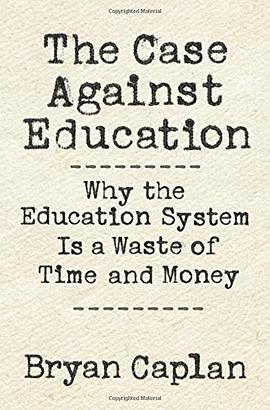
The Case against Education 下載 mobi epub pdf 電子書 2025
簡體網頁||繁體網頁
下載連結1
下載連結2
下載連結3
發表於2025-06-06
圖書介紹
相關圖書
圖書描述
I'm Bryan Caplan, Professor of Economics at George Mason University and blogger for EconLog. I am the author of The Myth of the Rational Voter, named "the best political book of the year" by the New York Times, Selfish Reasons to Have More Kids, and The Case Against Education. I am currently colloborating with *Saturday Morning Breakfast Cereal*’s Zach Weinersmith on All Roads Lead to Open Borders, a non-fiction graphic novel on the philosophy and social science of immigration, and writing a new book, Poverty: Who To Blame. I've published in the New York Times, Washington Post, Wall Street Journal, The Atlantic, American Economic Review, Economic Journal, Journal of Law and Economics, and Intelligence, and appeared on ABC, Fox News, MSNBC, and C-SPAN. An openly nerdy man who loves role-playing games and graphic novels, I live in Oakton, Virginia, with my wife and four kids.
Despite being immensely popular--and immensely lucrative—education is grossly overrated. In this explosive book, Bryan Caplan argues that the primary function of education is not to enhance students' skill but to certify their intelligence, work ethic, and conformity—in other words, to signal the qualities of a good employee. Learn why students hunt for easy As and casually forget most of what they learn after the final exam, why decades of growing access to education have not resulted in better jobs for the average worker but instead in runaway credential inflation, how employers reward workers for costly schooling they rarely if ever use, and why cutting education spending is the best remedy.
Caplan draws on the latest social science to show how the labor market values grades over knowledge, and why the more education your rivals have, the more you need to impress employers. He explains why graduation is our society's top conformity signal, and why even the most useless degrees can certify employability. He advocates two major policy responses. The first is educational austerity. Government needs to sharply cut education funding to curb this wasteful rat race. The second is more vocational education, because practical skills are more socially valuable than teaching students how to outshine their peers.
Romantic notions about education being "good for the soul" must yield to careful research and common sense — The Case against Education points the way. (less)
The Case against Education mobi 下載 pdf 下載 pub 下載 txt 電子書 下載 2025
The Case against Education 下載 mobi pdf epub txt 電子書 格式 2025
The Case against Education 下載 mobi epub pdf 電子書用戶評價
這本書花瞭十個章節來理論為什麼教育係統是在浪費錢和時間,我看完兩個章節就被說服瞭...正在苦惱剩下八個章節還要不要讀
評分##剛看的時候感覺很爽,本身我也不是個好學生,還嫌自己在學校玩兒少瞭,真不該上那些莫名其妙的課。看到後來其實也捫心自問,既然大傢應該注重真正的能力而不是學曆,那麼我真正的能力究竟如何呢?我在對現行教育製度嗤之以鼻的同時,真的沒有占它一點好處嗎?真的就沒有學曆比我低,而能力遠大於我的人嗎?
評分 評分##經濟學傢自己反對自己。論點並不新。
評分 評分##trolling with bountiful quantitative studies lol. i m convinced. i especially like the part where he confessed that some data he used r practically guesswork. zero chance of the policies proposed in the book will be implemented though. will read up all his works.
The Case against Education mobi epub pdf txt 電子書 格式下載 2025
分享鏈接
相關圖書
-
 如何設計教學細節 mobi epub pdf txt 電子書 格式 下載
如何設計教學細節 mobi epub pdf txt 電子書 格式 下載 -
 男孩女孩學習大不同 mobi epub pdf txt 電子書 格式 下載
男孩女孩學習大不同 mobi epub pdf txt 電子書 格式 下載 -
 禮物 mobi epub pdf txt 電子書 格式 下載
禮物 mobi epub pdf txt 電子書 格式 下載 -
 育兒的格局 mobi epub pdf txt 電子書 格式 下載
育兒的格局 mobi epub pdf txt 電子書 格式 下載 -
 童幼教育今注 mobi epub pdf txt 電子書 格式 下載
童幼教育今注 mobi epub pdf txt 電子書 格式 下載 -
 媽媽,他們欺負我——幫孩子解決社交難題 mobi epub pdf txt 電子書 格式 下載
媽媽,他們欺負我——幫孩子解決社交難題 mobi epub pdf txt 電子書 格式 下載 -
 朋友還是敵人 mobi epub pdf txt 電子書 格式 下載
朋友還是敵人 mobi epub pdf txt 電子書 格式 下載 -
 學力經濟學:被數據推翻的教育準則 mobi epub pdf txt 電子書 格式 下載
學力經濟學:被數據推翻的教育準則 mobi epub pdf txt 電子書 格式 下載 -
 你為什麼要學習 mobi epub pdf txt 電子書 格式 下載
你為什麼要學習 mobi epub pdf txt 電子書 格式 下載 -
 正麵管教教師指南(A-Z) mobi epub pdf txt 電子書 格式 下載
正麵管教教師指南(A-Z) mobi epub pdf txt 電子書 格式 下載 -
 培訓行業這一年 mobi epub pdf txt 電子書 格式 下載
培訓行業這一年 mobi epub pdf txt 電子書 格式 下載 -
 和孩子一起成長,是最好的教養 mobi epub pdf txt 電子書 格式 下載
和孩子一起成長,是最好的教養 mobi epub pdf txt 電子書 格式 下載 -
 傢庭中的52個正麵管教工具 mobi epub pdf txt 電子書 格式 下載
傢庭中的52個正麵管教工具 mobi epub pdf txt 電子書 格式 下載 -
 這纔是數學(教師篇) mobi epub pdf txt 電子書 格式 下載
這纔是數學(教師篇) mobi epub pdf txt 電子書 格式 下載 -
 傾聽,成就孩子健全人格 mobi epub pdf txt 電子書 格式 下載
傾聽,成就孩子健全人格 mobi epub pdf txt 電子書 格式 下載 -
 最富足的投資 mobi epub pdf txt 電子書 格式 下載
最富足的投資 mobi epub pdf txt 電子書 格式 下載 -
 批判教育社會學九講 mobi epub pdf txt 電子書 格式 下載
批判教育社會學九講 mobi epub pdf txt 電子書 格式 下載 -
 大學的未來 mobi epub pdf txt 電子書 格式 下載
大學的未來 mobi epub pdf txt 電子書 格式 下載 -
 教養與文明(增補版) mobi epub pdf txt 電子書 格式 下載
教養與文明(增補版) mobi epub pdf txt 電子書 格式 下載 -
 腦科學與課堂 mobi epub pdf txt 電子書 格式 下載
腦科學與課堂 mobi epub pdf txt 電子書 格式 下載









